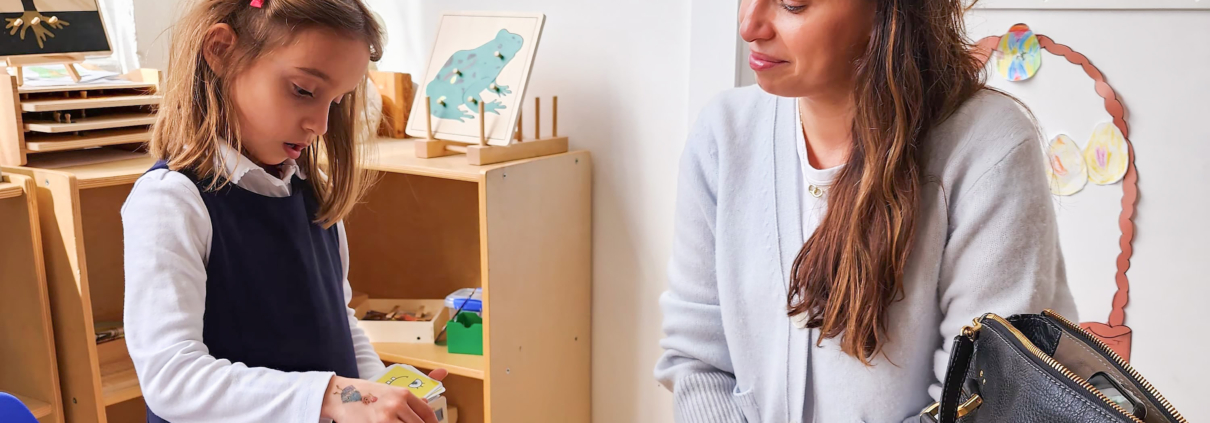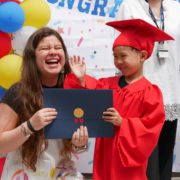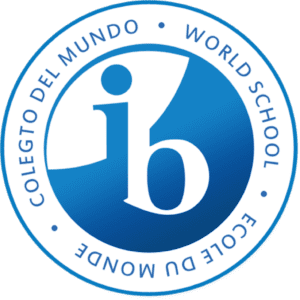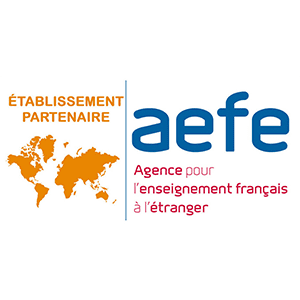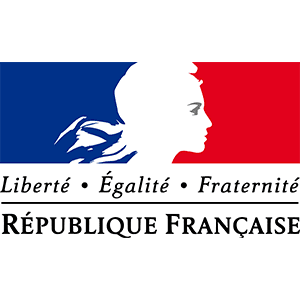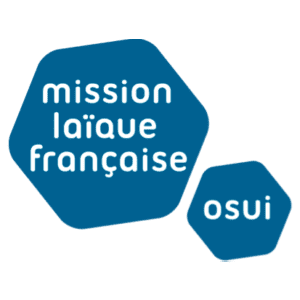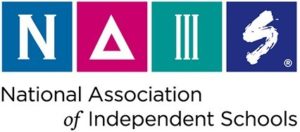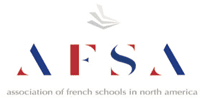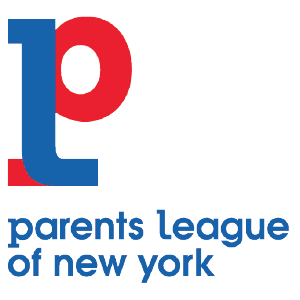A Closer Look at Student-Led Conferences
Student-Led Conferences are an integral part of the assessment and learning process of the International Baccalaureate (IB) Primary Years Programme (PYP). Unlike traditional school conferences where teachers primarily lead discussions, Student-Led Conferences place students at the center of their learning journey, encouraging them to share their progress with their families. But what exactly are Student-Led Conferences, and why are they so crucial?
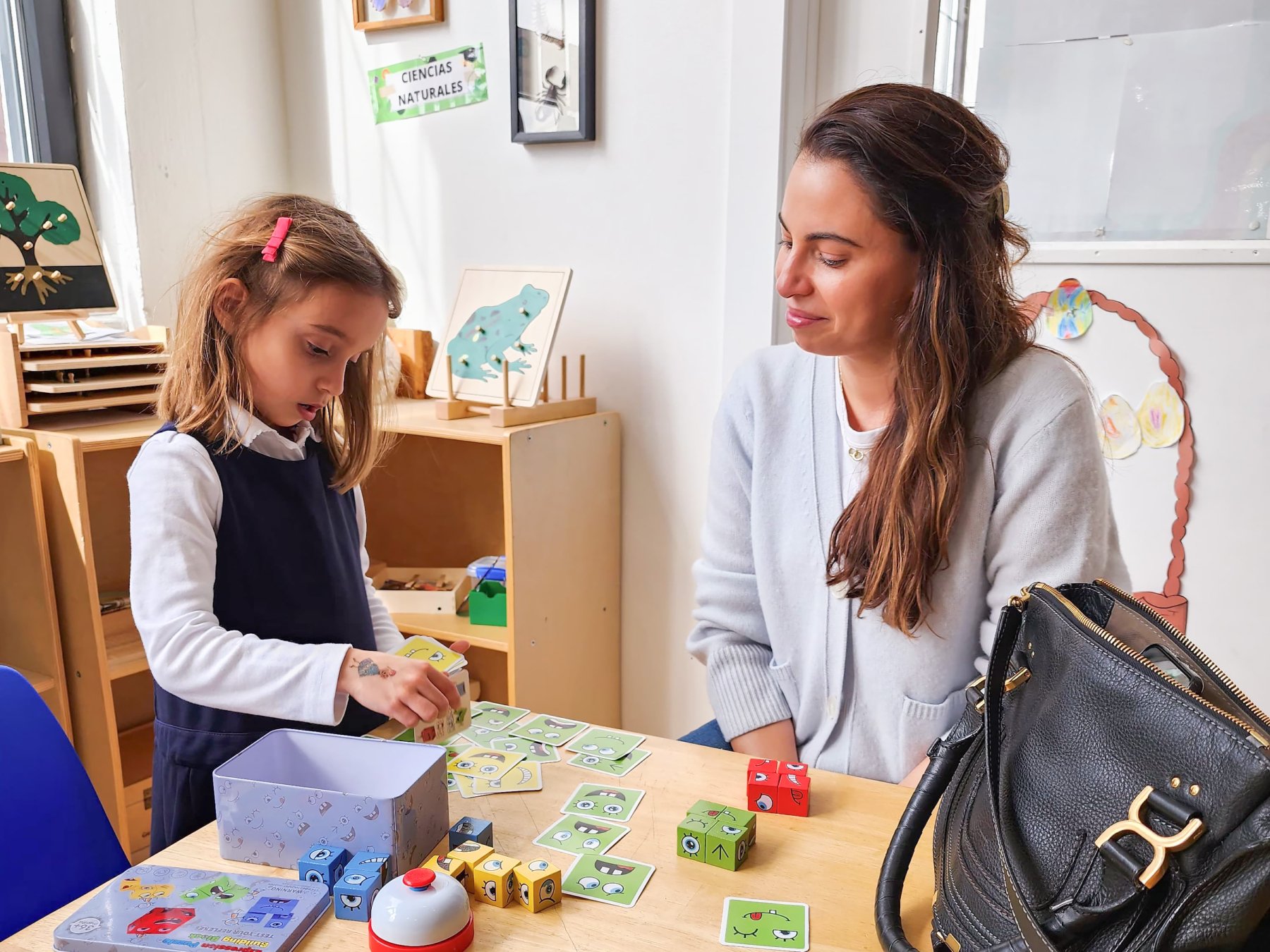
Student-Led Conferences can be highly beneficial for students and their educational experience.
Defining Student-Led Conferences
Student-Led Conferences involve students and parents. The main purpose is for students to take the responsibility for their learning. Students are responsible for leading the conference and sharing their learning process with their family. The conference may involve students demonstrating their understanding through a variety of different learning situations.
During conferences, students will discuss and reflect upon samples of work that they have previously chosen to share with their parents. These samples have been selected with guidance and support from the teacher. With their parents, students are expected to reflect on their own learning journey, showcase their current progress, and set goals for the future.
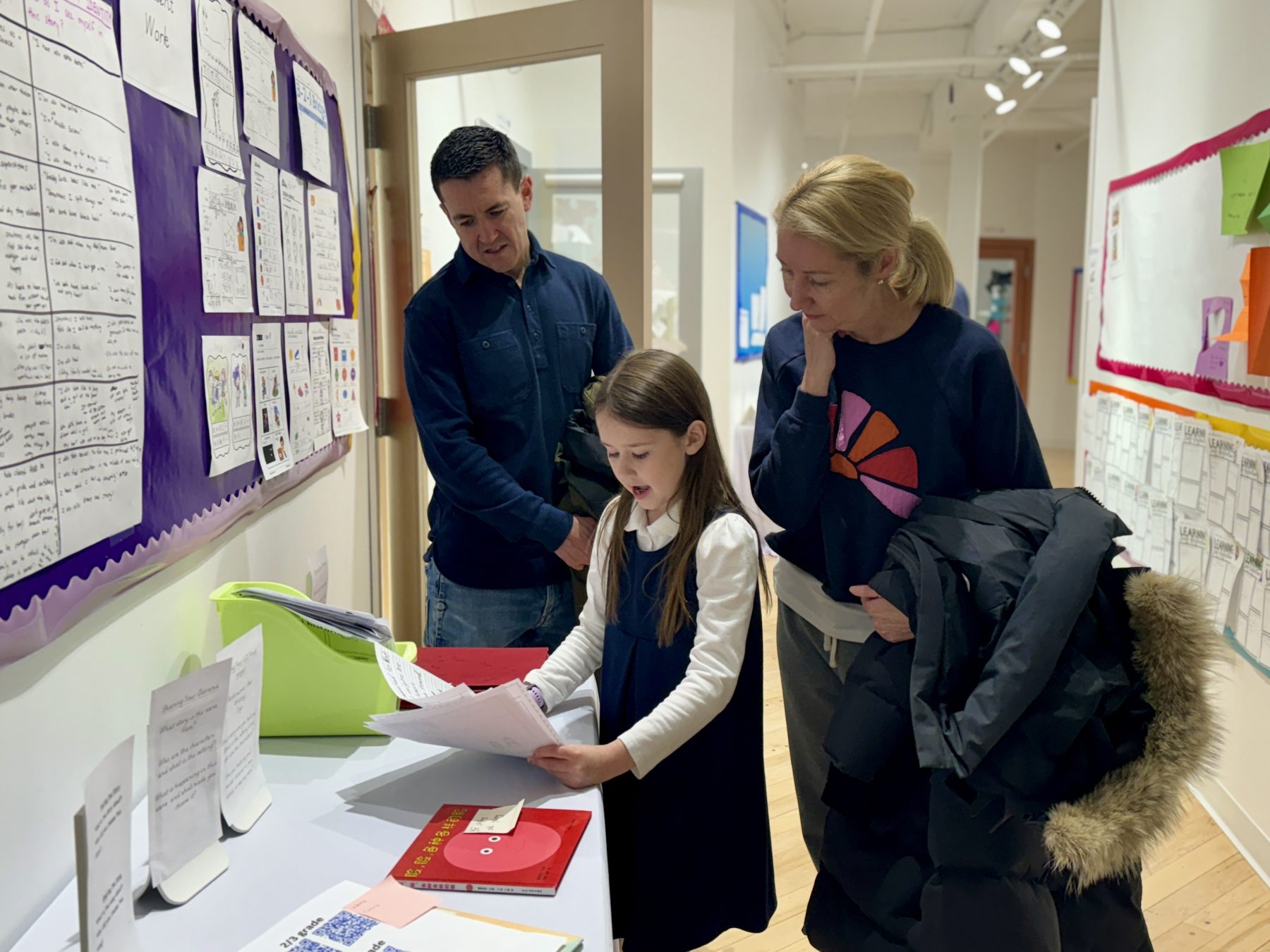
Students presents their work and guides the discussion in the conference.
Benefits of Student-Led Conferences
- Learner Agency: Student-Led Conferences encourage students to exercise more agency over their learning. Students will lead all stages of the conference. They prepare work samples, plan the agenda, and reflect on the feedback from parents. These conferences establish chances and conditions for students to have voice, choice, and ownership for their own learning. In turn, students can exhibit higher levels of motivation and engagement in their journey to become an IB Learner.
- Self-Reflection: Student-Led Conferences require students to give thoughtful consideration to their own learning and experience. They are able to assess and understand their strengths and limitations in order to support their learning and personal development. Students may reflect on the following topics during conferences:
- Ways in which students learn: inquiry-based learning, visible thinking, etc;
- What students have been learning: knowledge, skills, etc;
- Outcomes arise from our learning: stories written, dramas performed, artworks, speeches, etc.
- Communication ability: Leading a conference helps students develop stronger communication skills. They learn to articulate their thoughts, share their accomplishments, and discuss their challenges. This experience can enhance their ability to express themselves effectively, both in and out of the classroom.
- Parent involvement: Student-Led Conferences enable parents to become partners who work alongside students in their learning process, giving parents an insight into the progress and process of their child’s learning. The conferences promote open communications between parents and students, where parents can realize the process in which students transfer concepts into actions. The conference is an opportunity to empower students and parents with an emphasis on growth, progress, and development.
- Teachers’ Partnership: Working as a facilitator to support students’ ownership of learning can give teachers new insights that allow them to make the learning environment more effective. By observing the interactions between students and parents and reading the feedback, teachers can also provide parents suggestions about how to support their children at home during Parent/Teacher conferences.
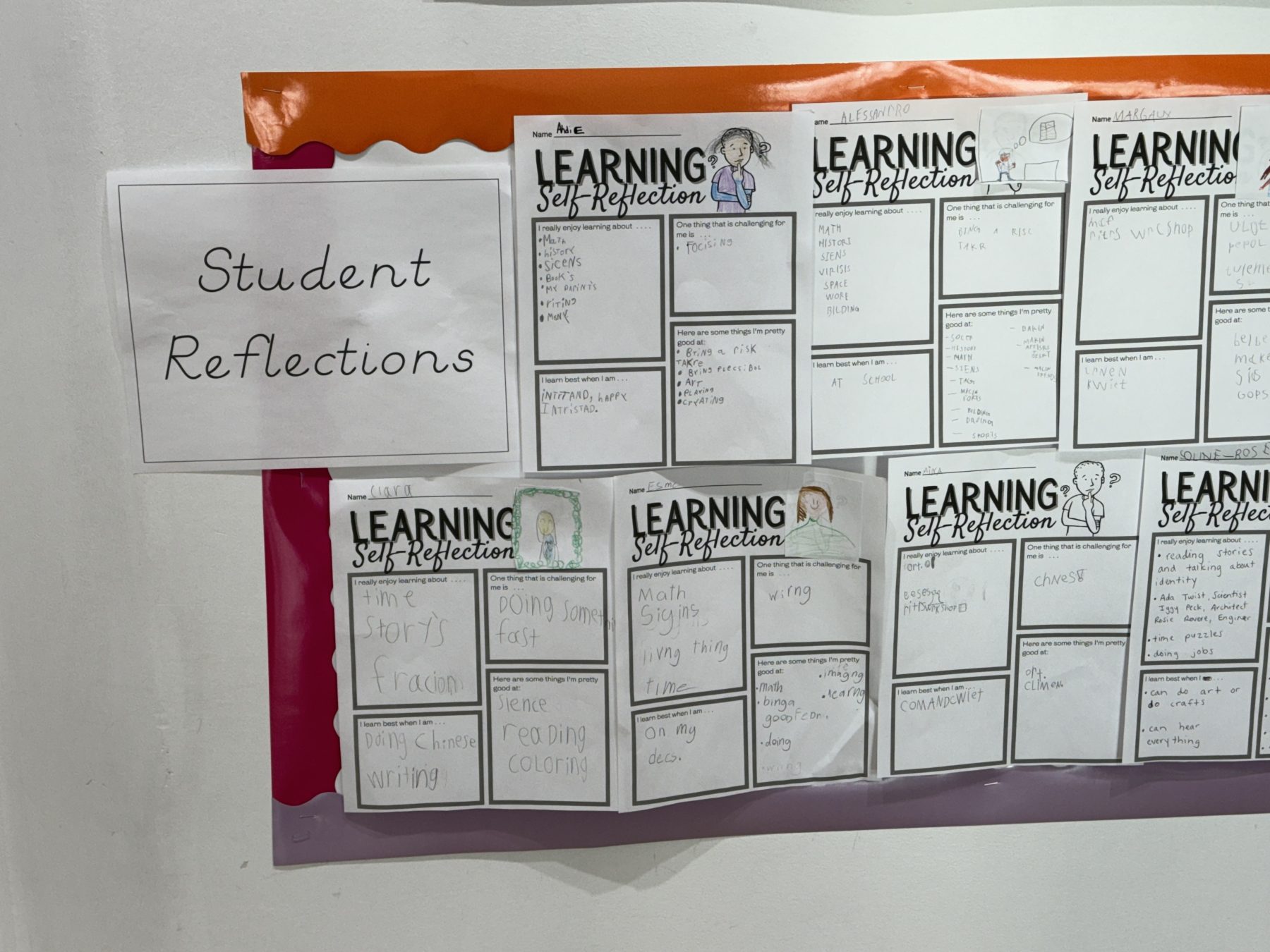
Student-Led Conferences require students to be reflective, a key component to IB learning.
Expectations
Student
- Demonstrate responsibility for their learning journey.
- Plan the conference ahead of time.
- Provide an oral and written reflection of their learning journey.
- Lead his or her parent(s) through a variety of activities independently.
- Acknowledge their strengths and areas for improvement from parent’s feedback.
Parent
- Encourage and support their child in describing their learning journey by asking questions.
- Provide feedback to their child; help them set goals for the future and create a corresponding action plan.
Teacher
- Provide time for students to plan, organize, and practice for the conference.
- Mentor students when setting learning goals.
- Offer guidance and expectations for student reflection.
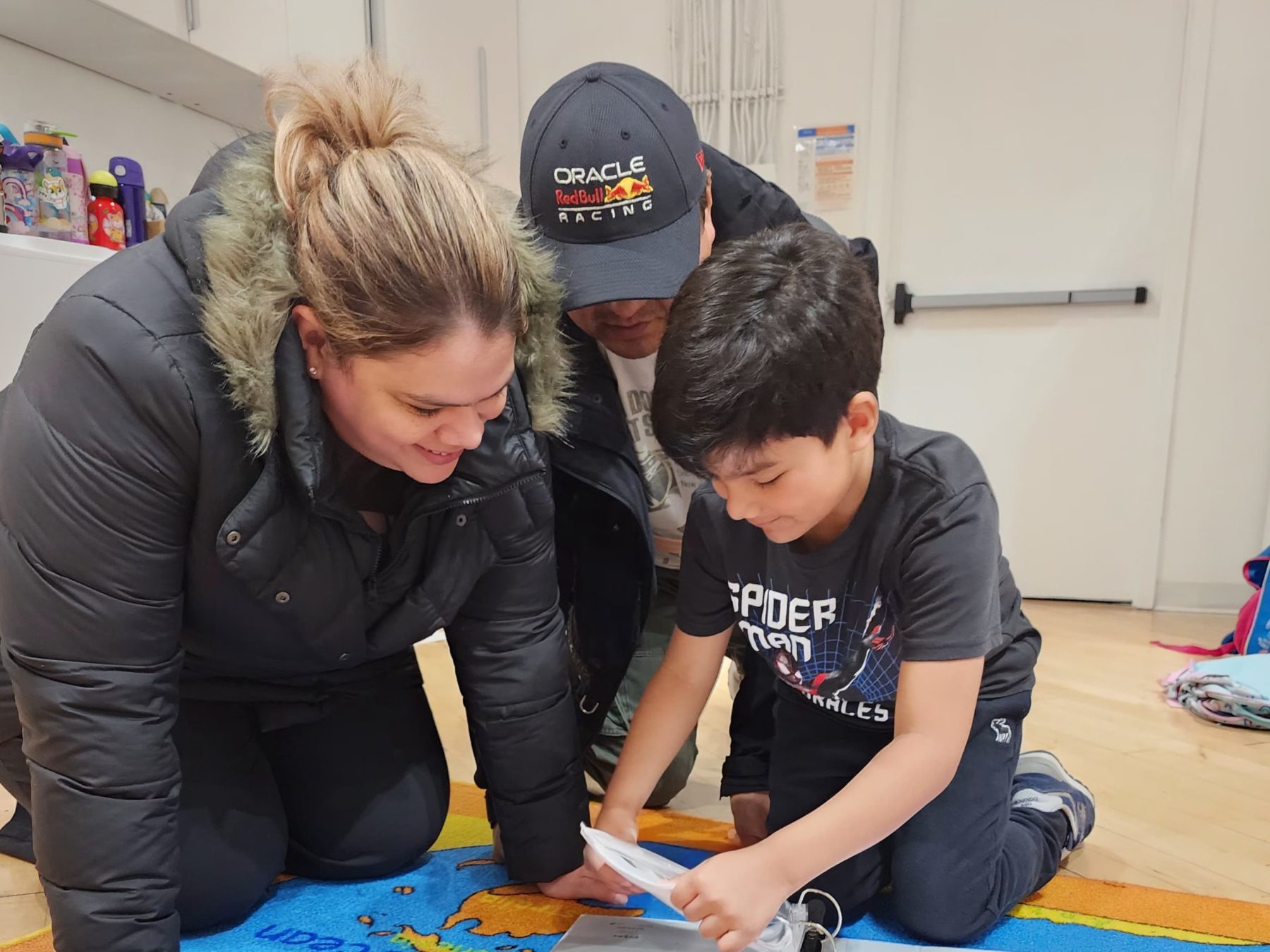
Student-Led Conferences are an effective method for promoting parent participation.
According to this study by Cheryl Lambert of Austin Peay State University, Student-Led Conference “offers students the opportunity to take the lead in the conference using their own work evidence; thereby, encouraging ownership and responsibility for quality outcomes.” The conference is a way of letting students shine and for providing opportunities for transdisciplinary development in planning and evaluation across the school.
Do you want to explore how this works at one of the top Hoboken private schools?
Contact Tessa International School to learn more!


